Vietnam has many opportunities to take advantage of and implement the Free Trade Zone (FTC) model to enhance its competitiveness in the global supply chain.
The information was given at the workshop “Global supply chain: Trends and opportunities for Vietnam” organized by the Import-Export Department (Ministry of Industry and Trade) in coordination with Hanoi University of Industry and Vietnam Logistics Human Resources Development Association (VALOMA) on the afternoon of February 21 in Hanoi.
The workshop was organized to implement the Conclusion of the Minister of Industry and Trade in Notice No. 418/TB-BCT dated December 17, 2024 after a working session with Professor John Kent on logistics services. Attending the workshop were representatives of the Import-Export Department (Ministry of Industry and Trade); representatives of the following schools: Hanoi University of Industry; University of Electricity; University of Economics and Industrial Technology; Vietnam - Hungary University of Industry; Central School of Training and Fostering of Industry and Trade Officials; representatives of VALOMA; students majoring in economics, trade, and logistics.
Vietnam has many opportunities to implement FTC and FTZ models.
Speaking at the opening of the workshop, Dr. Kieu Xuan Thuc - Rector of Hanoi University of Industry - said that in the context of increasingly deep international economic integration and fierce competition among the world's leading economies, the Free Trade Zone (FTZ) and Free Trade Country (FTC) models are becoming a strong development trend in the world, contributing to promoting international trade and reducing barriers to trade.
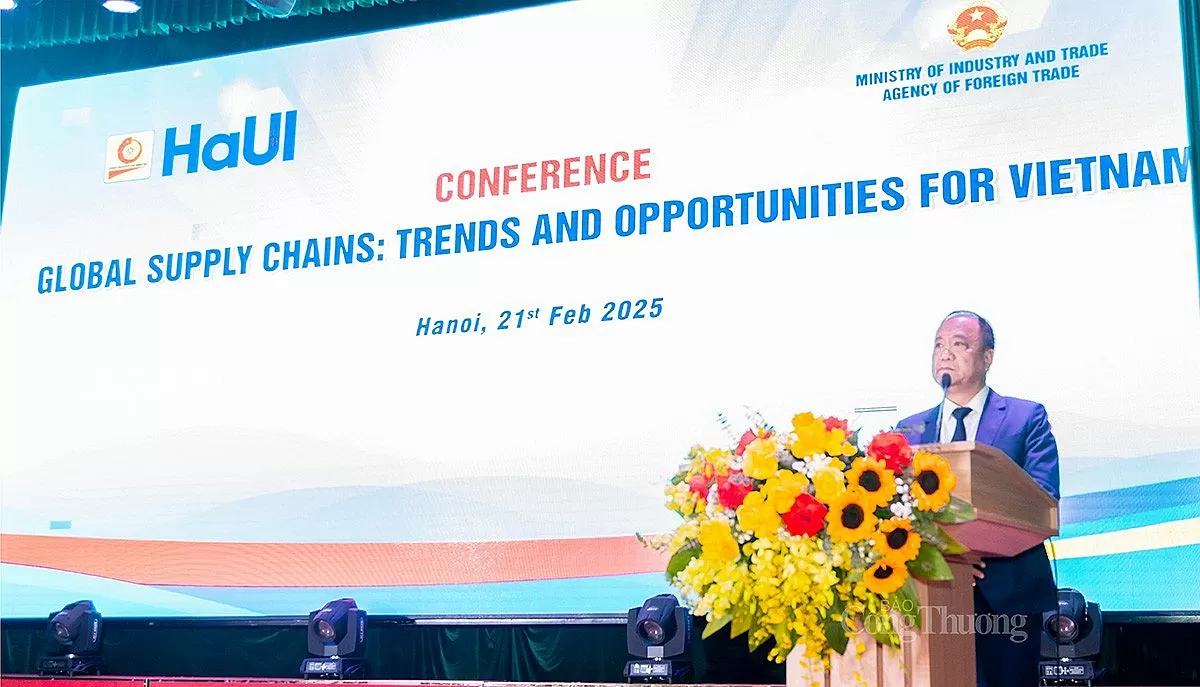 |
| Dr. Kieu Xuan Thuc - President of Hanoi University of Industry - speaking at the Workshop "Global Supply Chain: Trends and Opportunities for Vietnam" |
Vietnam, with its important strategic location and rapidly growing economy, has emerged as an attractive destination in the process of supply chain transformation, with many opportunities to take advantage of and deploy these models to enhance international competitiveness, opening up many opportunities in the global supply chain. The workshop was organized as a forum to exchange and discuss the benefits, challenges and possibilities of deploying these models in Vietnam.
At the workshop, Professor John Kent from the University of Arkansas (USA) gave a presentation on “The formation of US-China supply chains, the trend of shifting south and opportunities for Vietnam”. This is a topic that has a great impact on our country’s trade and investment strategy in the coming time.
In addition, the conference also heard a presentation by scientist Tran Gia Huy, with the topic: “Connecting teaching and businesses - Example from California Polytechnic University, Pomona”. Accordingly, the speaker will share the cooperation model between universities and businesses in the state of California, from which lessons can be applied to improve training quality, connect theory with practice, and meet the needs of the labor market in the international trade, logistics and industry sectors.
Logistics is expected to become an important industry.
Sharing at the workshop, Mr. Tran Thanh Hai - Deputy Director of the Import-Export Department (Ministry of Industry and Trade) - informed that logistics is not just lessons in the classroom or theories in textbooks, it is a journey of aspiration. As students of this dynamic field, the choices you make, the questions you ask and the solutions you design will determine the future of Vietnam's logistics industry.
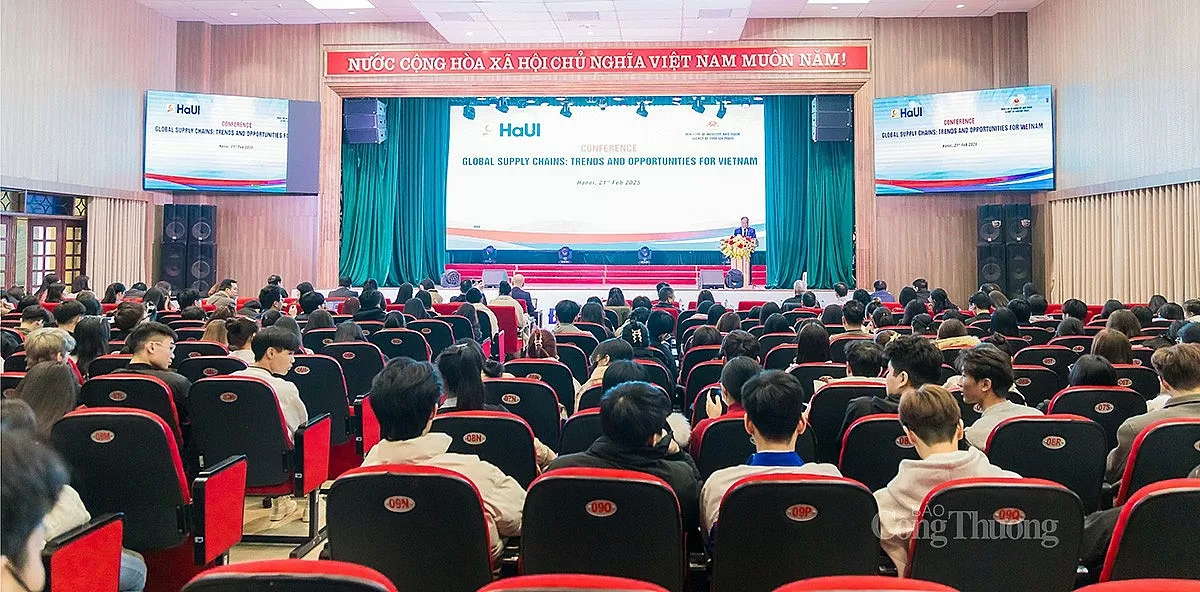 |
| Overview of the workshop "Global supply chain: Trends and opportunities for Vietnam" held on the afternoon of February 21, in Hanoi |
According to Mr. Tran Thanh Hai, the world is undergoing profound changes. By bringing together many stakeholders, we seek to promote comprehensive logistics routes that best serve the needs of the economy. However, the road ahead is not without obstacles. Climate change, geopolitical tensions, disrupted global supply chains, and imbalances between supply and demand are issues that are being faced.
“The Covid-19 pandemic has taught us that adaptability is survival,” said Tran Thanh Hai, affirming that within every challenge lies opportunity. The fourth industrial revolution, artificial intelligence, blockchain, green energy – are reshaping the economy. Vietnam, with its young population and digital mindset, is poised to lead the way. In addition, digital platforms will help streamline transportation and warehousing and green logistics operations to protect the environment while creating jobs.
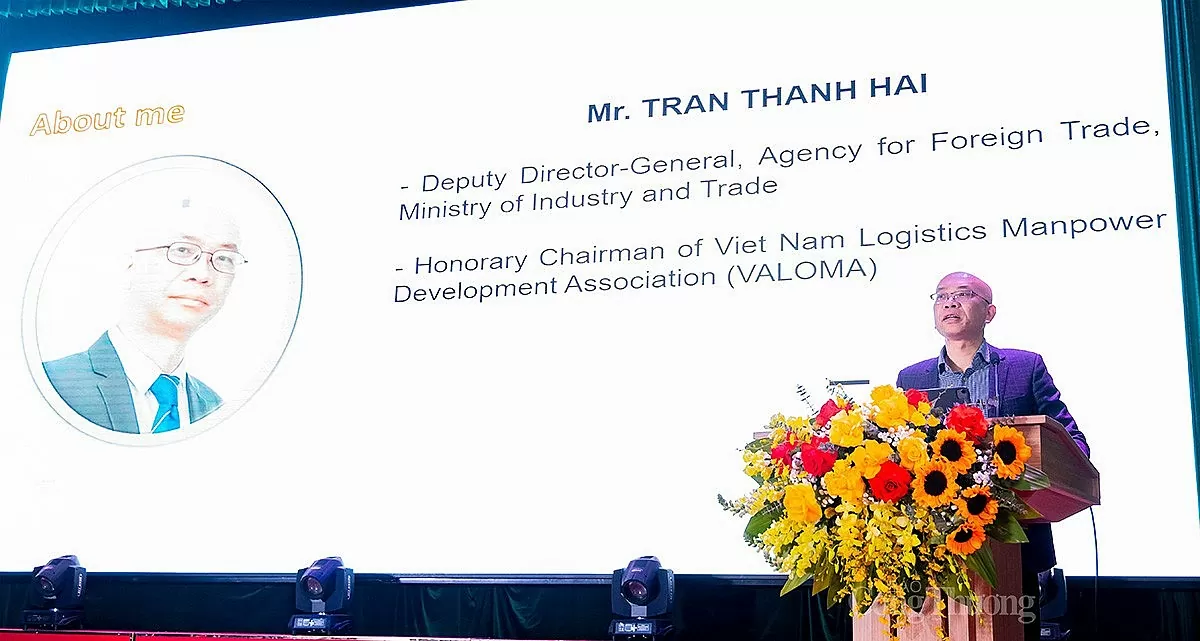 |
| Mr. Tran Thanh Hai - Deputy Director of the Import-Export Department (Ministry of Industry and Trade) shared at the workshop |
Logistics can act as a channel connecting urban and rural areas, technology and agriculture, providing meaningful solutions to many socio-economic problems that will have a major impact on the future of the country.
By promoting open and forward-looking discussions, Mr. Tran Thanh Hai believes that through this, it is possible to tap into collective intelligence to create innovative solutions and initiatives.
In the long term, Mr. Tran Thanh Hai hopes that logistics will become an important industry in Vietnam. Sending his thoughts to university students attending the conference, Mr. Hai called for the need to study global trends but come up with solutions suitable to the specific context of Vietnam. At the same time, apply interdisciplinary learning methods, combine economics with technology, environmental science and even art and start an internship at a logistics company...
Previously, at the working session with Minister of Industry and Trade Nguyen Hong Dien on the afternoon of December 4, 2024, Professor John Kent - University of Arkansas (USA) - also shared about the concepts of Free Trade Country (FTC), Free Trade Zone (FTZ), Free Trade Agreement (FTA). According to him, the goal of a free trade country is to increase the volume of goods circulating and reduce costs for the global supply chain. A free trade country can also have up to 10 free trade zones. A free trade country can have additional laws on the management of Free Trade Zones. A free trade country also needs to be governed by laws written for FTAs. However, Vietnam had 17 FTAs before becoming a free trade country, this is a very breakthrough point. |
Source: https://congthuong.vn/viet-nam-co-nhieu-co-hoi-trien-khai-mo-hinh-ftc-375078.html



![[Photo] General Secretary To Lam receives French Ambassador to Vietnam Olivier Brochet](https://vstatic.vietnam.vn/vietnam/resource/IMAGE/2025/4/17/49224f0f12e84b66a73b17eb251f7278)
![[Photo] National Assembly Chairman Tran Thanh Man meets with outstanding workers in the oil and gas industry](https://vstatic.vietnam.vn/vietnam/resource/IMAGE/2025/4/17/1d0de4026b75434ab34279624db7ee4a)
![[Photo] Nhan Dan Newspaper announces the project "Love Vietnam so much"](https://vstatic.vietnam.vn/vietnam/resource/IMAGE/2025/4/17/362f882012d3432783fc92fab1b3e980)
![[Photo] Closing of the 4th Summit of the Partnership for Green Growth and the Global Goals](https://vstatic.vietnam.vn/vietnam/resource/IMAGE/2025/4/17/c0a0df9852c84e58be0a8b939189c85a)
![[Photo] Promoting friendship, solidarity and cooperation between the armies and people of the two countries](https://vstatic.vietnam.vn/vietnam/resource/IMAGE/2025/4/17/0c4d087864f14092aed77252590b6bae)
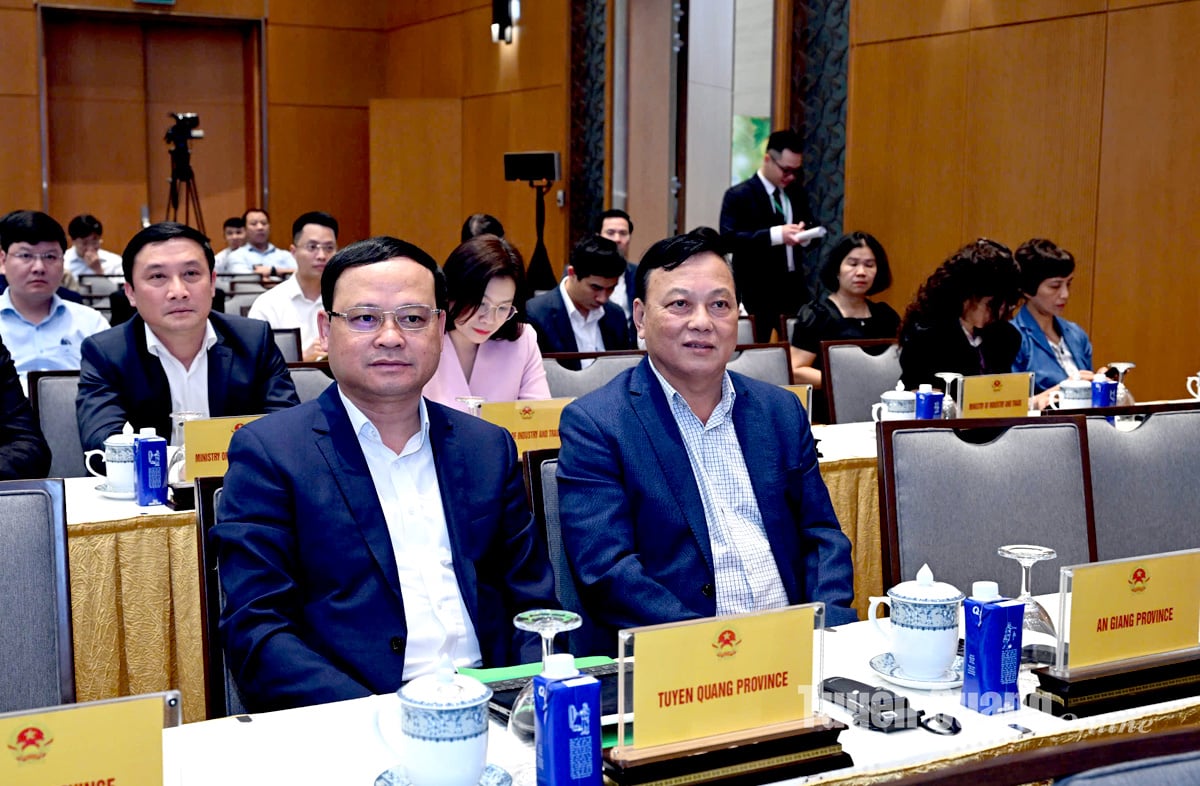


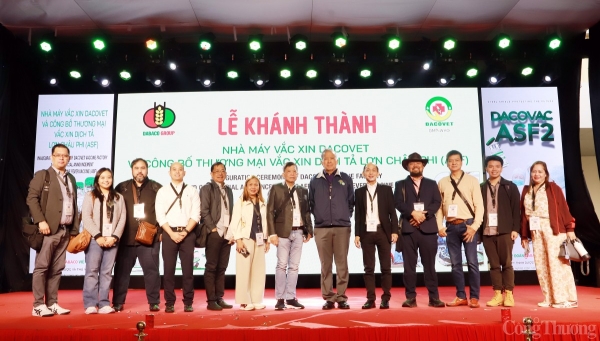
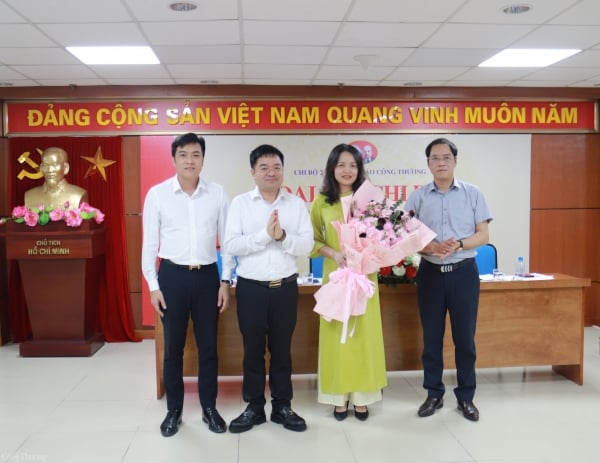
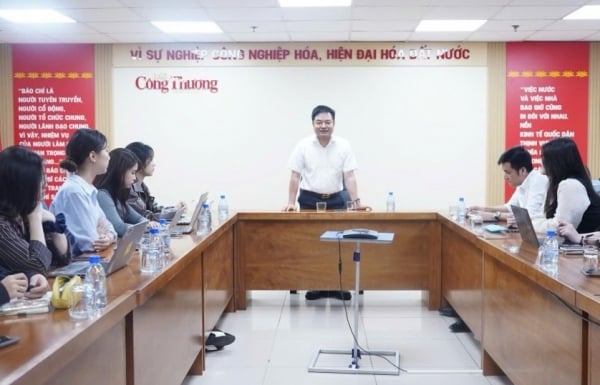
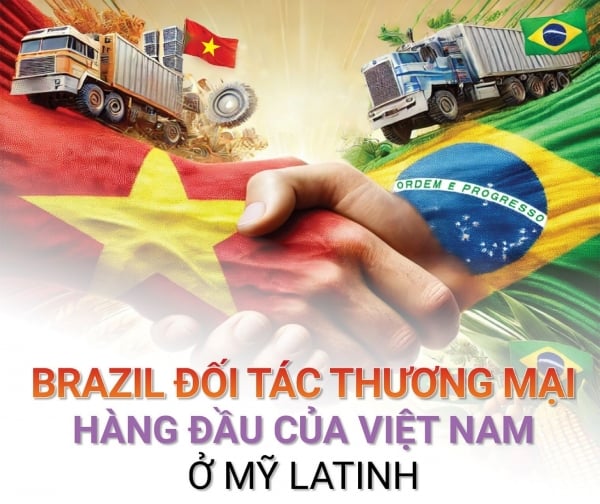
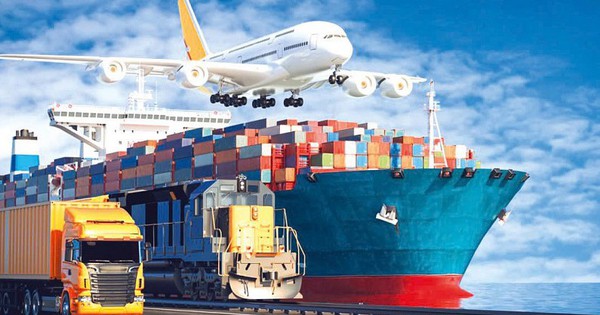

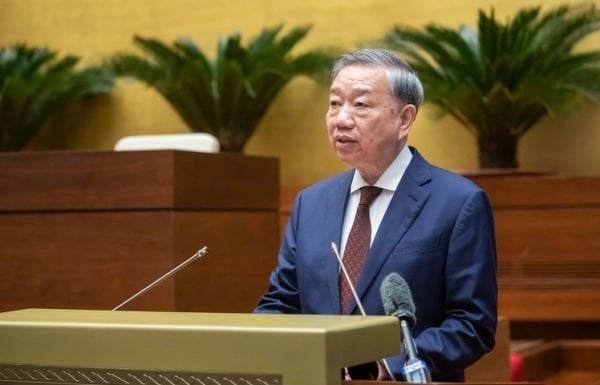

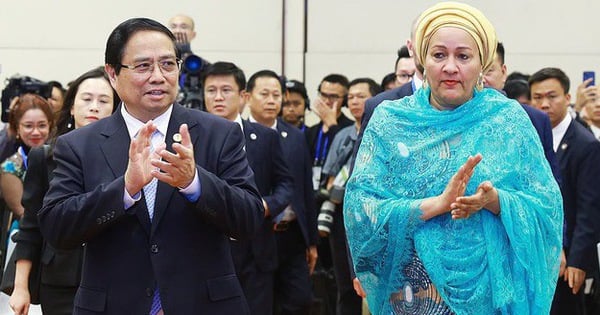
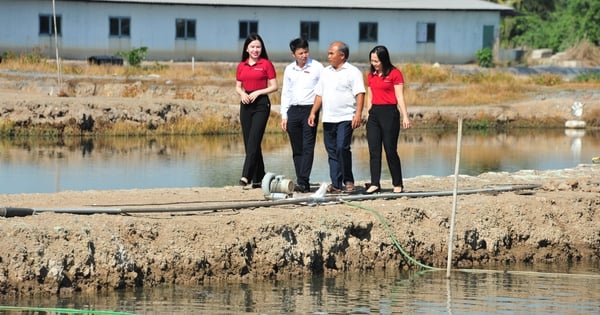





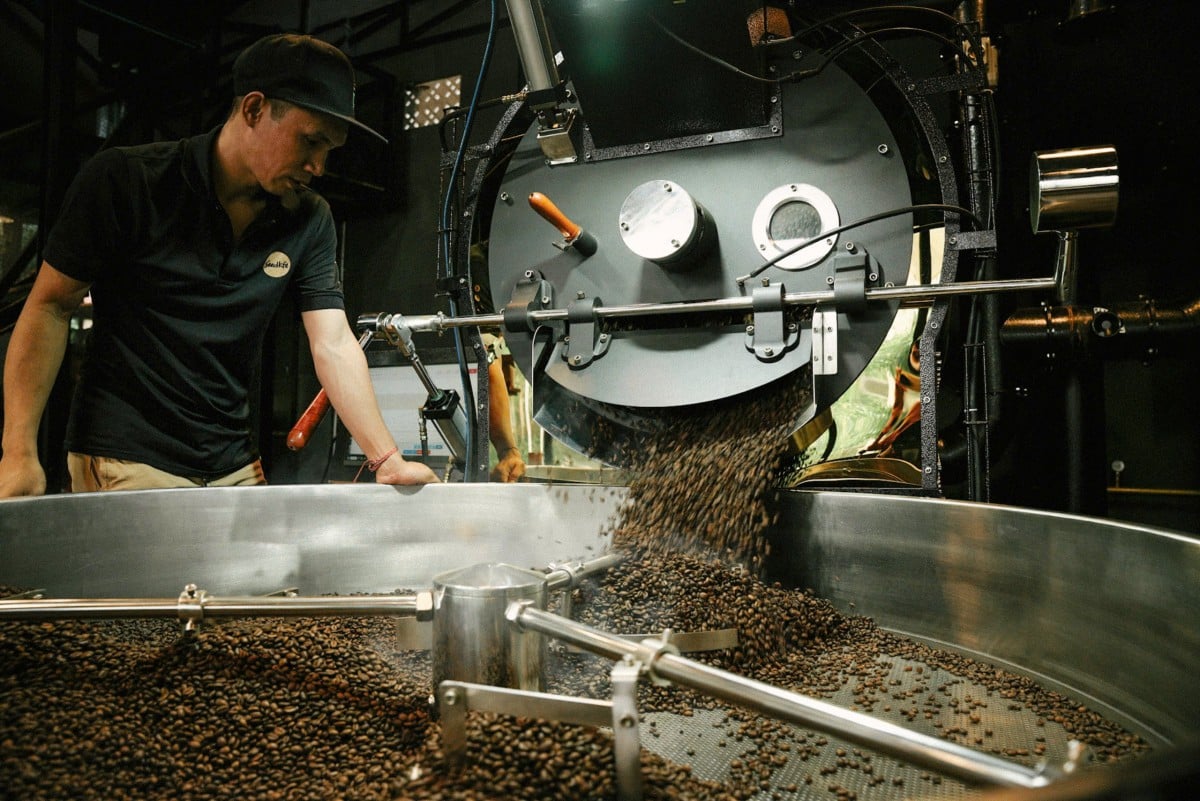
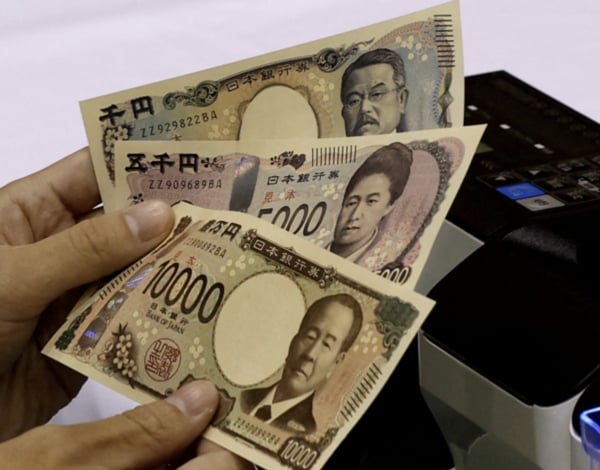
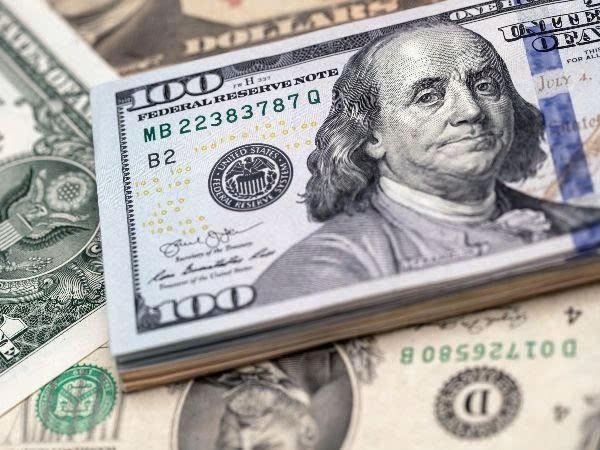

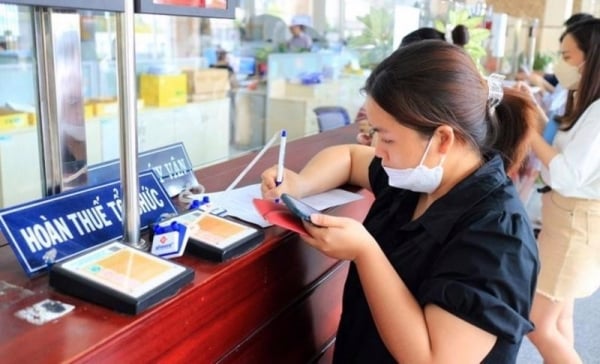
![[Photo] Welcoming ceremony for Chinese Defense Minister and delegation for friendship exchange](https://vstatic.vietnam.vn/vietnam/resource/IMAGE/2025/4/17/fadd533046594e5cacbb28de4c4d5655)




























![[Video] Viettel officially puts into operation the largest submarine optical cable line in Vietnam](https://vstatic.vietnam.vn/vietnam/resource/IMAGE/2025/4/17/f19008c6010c4a538cc422cb791ca0a1)


















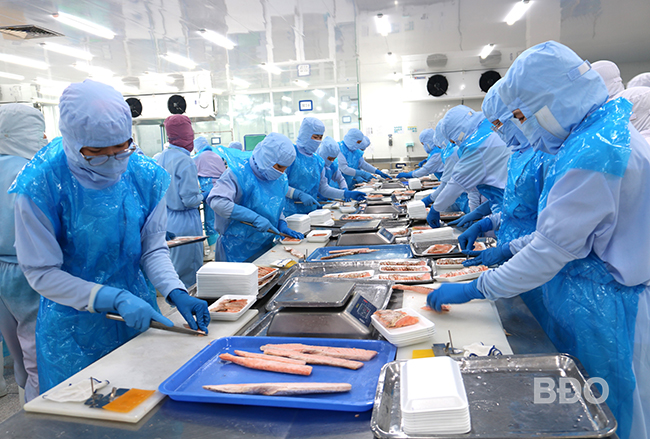
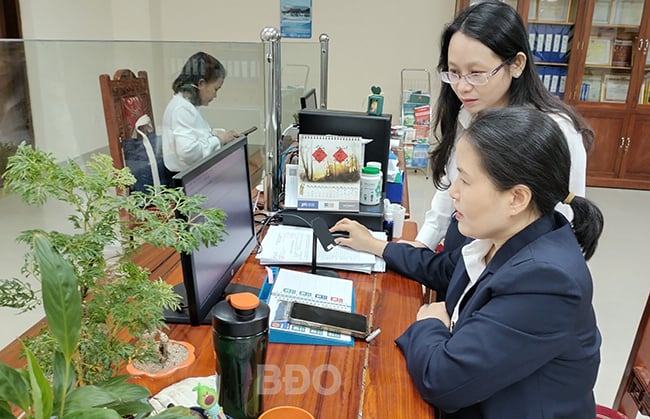




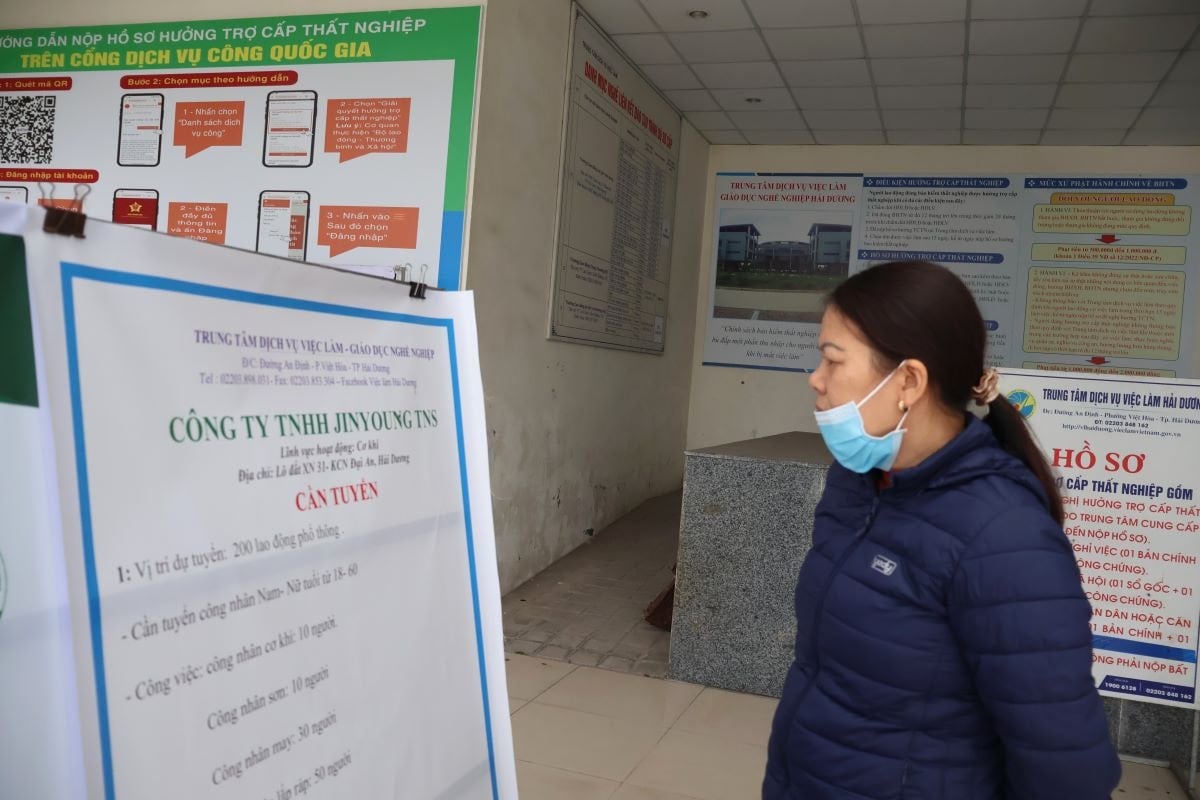

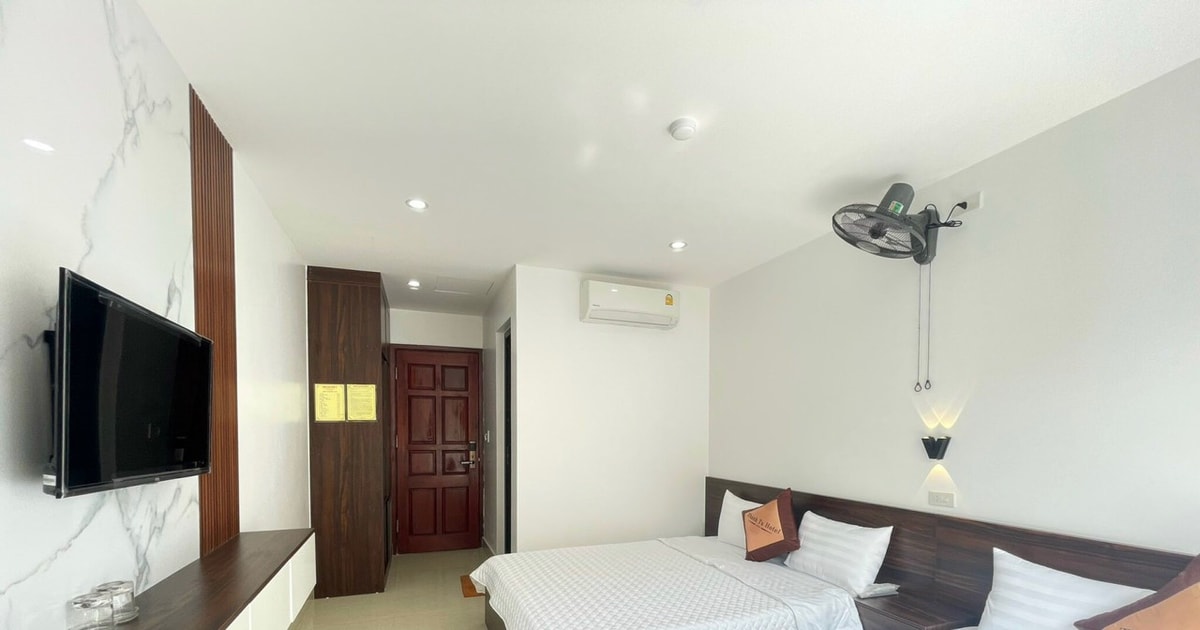









Comment (0)